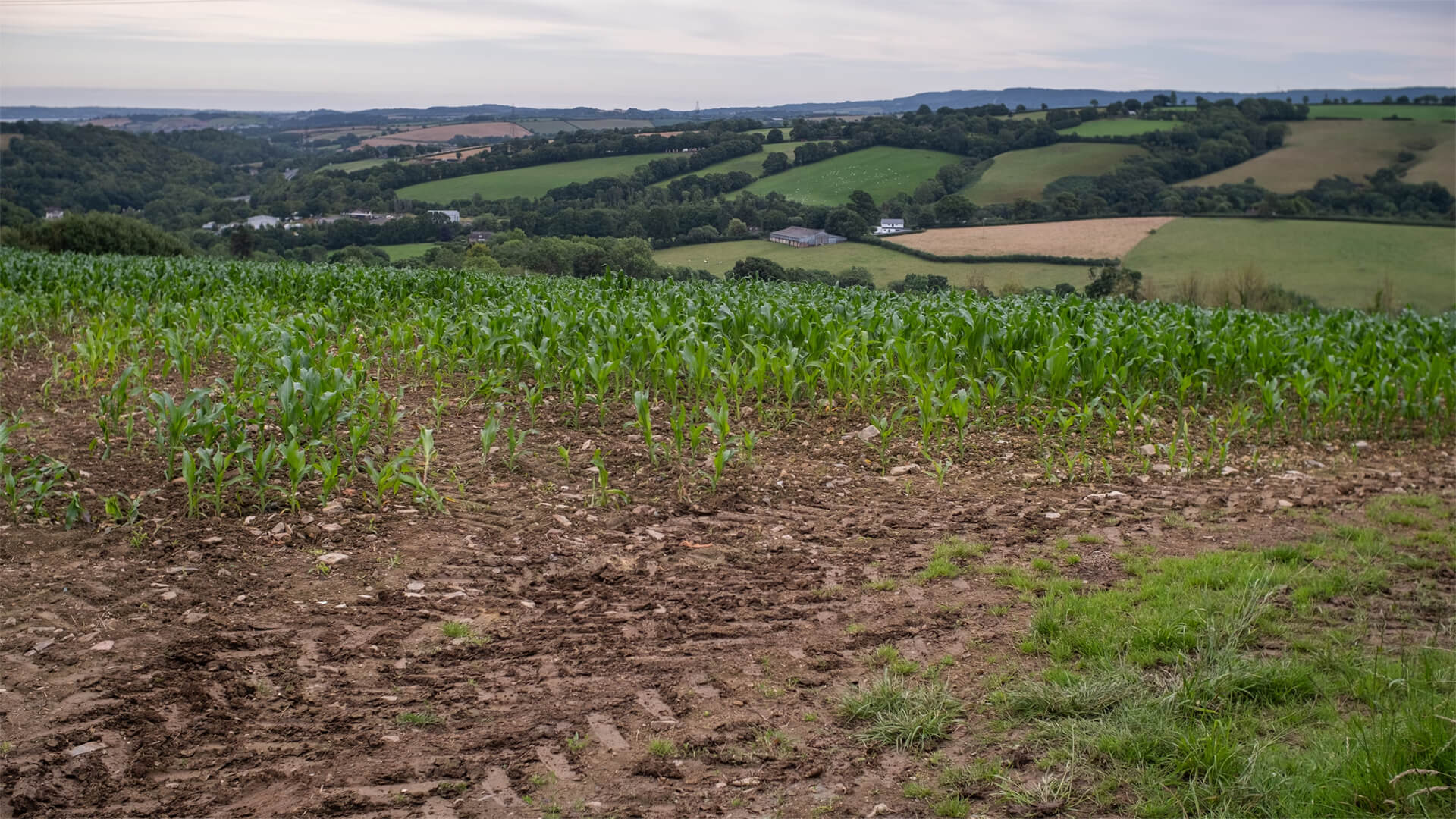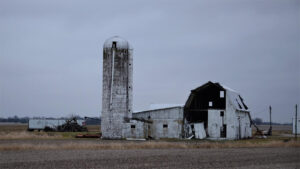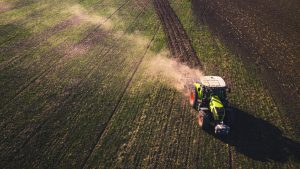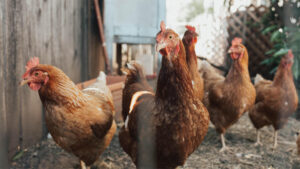Listen, I’m not one to scoff at a nice serving of fish ‘n’ chips, but when you’re serving baked beans for breakfast…that’s where I draw the line. You guessed it, we’re talking about the decline of British agriculture today.
Protests by farmers broke out on Tuesday, which highlight the growing issues with British agriculture. The Brits have been relying on imported food for quite some time (which opened their eyes to what real food tastes like), but that’s all going away.
Brexit has worsened the already declining agricultural industry by severing access to EU imports (to say nothing of EU subsidies) without an alternative source in place. Since local farming struggles with high costs and low quality, Britain will likely remain uncompetitive or be forced into an unsavory deal with new imports.
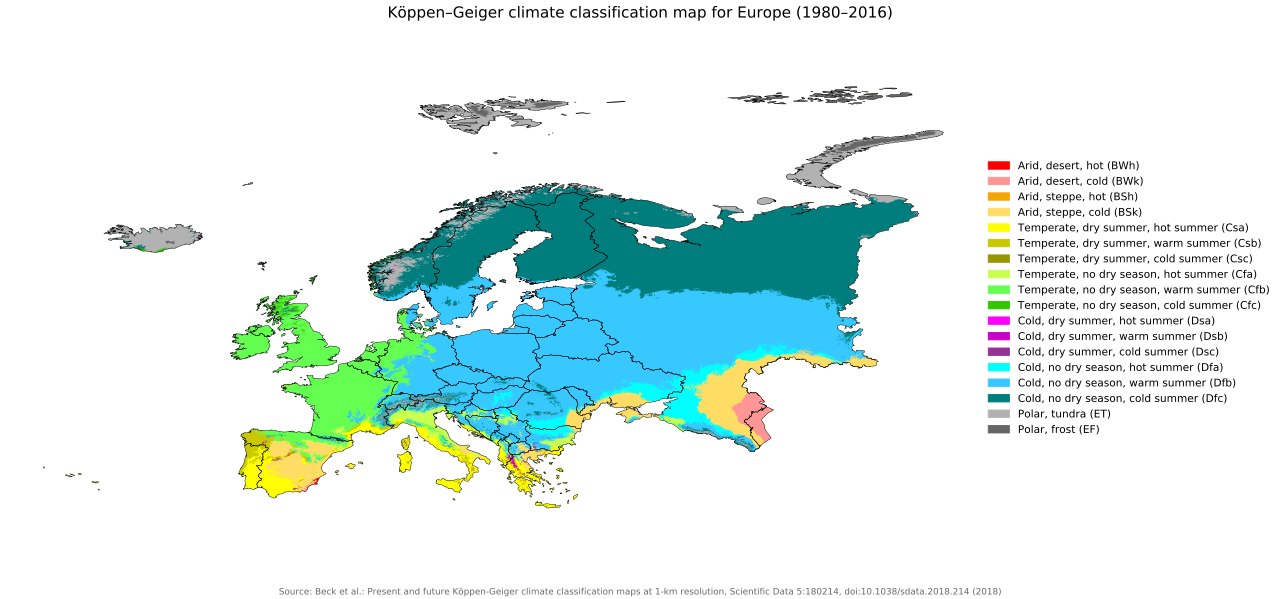
Here at Zeihan on Geopolitics, our chosen charity partner is MedShare. They provide emergency medical services to communities in need, with a very heavy emphasis on locations facing acute crises. Medshare operates right in the thick of it, so we can be sure that every cent of our donation is not simply going directly to where help is needed most, but our donations serve as a force multiplier for a system already in existence.
For those who would like to donate directly to MedShare or to learn more about their efforts, you can click this link.
Transcript
Hey everybody. It’s Tuesday the 19th here, coming to you from a blustery Colorado. And today we’re talking about food in the United Kingdom. And I know, I know, I know, your first instinct is blehhh.
But I think it’s important to understand why. The issue today is that we had protests in London, right outside of Westminster, by about 10,000 farmers who were technically protesting a change in inheritance tax.
So the details of that really don’t matter too much, but we’re seeing a lot more aggravation among folks in British agriculture for very good reason. The sector is being phased out. Now, this has been, to be perfectly blunt, a long time coming. Britain was the first country to really apply deep water navigation to a value-added economic system.
So as the Brits got access to the wider world, their diet changed, their agricultural system changed. As a rule, oversimplifying, the more variety you have in climate zones, cultures, and soil types, the wider variety of food products you get. And to be perfectly blunt, England is all white. People in the Scottish are also very white, and the Irish are still more white people.
And they all are in the same basic climate zone. So there’s a limited number of products that you can grow. But when the British Empire got access to India and the Americas and Southeast Asia and all the rest, all of a sudden, they could import food products from the world over that could be grown at a lower cost and in greater variety than what they’re going to have at home.
So a greater and greater percentage of the British diet became sourced abroad at the same time that the value of those crops went up and the variety of those crops got more interesting.
If you fast forward to the world wars, the Brits were importing the majority of their calories on any given day. And so, when the Germans started their U-boat campaigns, you can understand how things got kind of lively very, very quickly.
Fast forward to the 70s, when the Empire was dying and the Brits joined the European Union. They lost access to a lot of the stuff around the world but gained access to all the stuff on the continent. And while the European system is definitely white people, there’s a lot of different varieties of white people in a lot of different climate zones, cultures, and soil types.
So they were basically able to displace what they lost from the Empire with what they could get from the European Union.
Well, seven years ago, the Brits voted for Brexit and have yet to put a replacement system in place.
So they’re losing access to the European stuff and falling back onto what the island of Great Britain can produce itself for the first time in about three centuries. And their discovery kind of sucks.
The future for agriculture in Britain falls into one of two categories. Either the Brits will seek a free trade zone with the European Union or re-membership, or they’ll seek something with North America, which will give them access to that greater variety at a lower cost.
The problem here is that they’re not entering into either of these sets of negotiations as equals. They’re entering as a country that has basically shot themselves in the foot diplomatically, strategically, and economically. They’ll have to take whatever is on offer. And if there’s one thing that the Americans and the Europeans agree on in agriculture, it’s theirs first.
So if the Brits want to join either system, they’re going to basically have to sign off their agricultural sector and import pretty much all their products from whoever their partner ends up being.
In the case of the European Union, that’ll be of higher quality, which is something their domestic agricultural industry can’t compete with. And in the case of the United States, it’ll be lower cost, which will also be something their sector can’t compete with.
So, regardless of how you look at this, the future of British agriculture is one of two things: purely domestic, high-cost, low-quality—or gone, because they’re importing food from somewhere else.
The protests we saw today are just the very, very beginning of what is likely to be a painful and disorienting destruction of the entire sector for the entire country for the entire rest of history.

